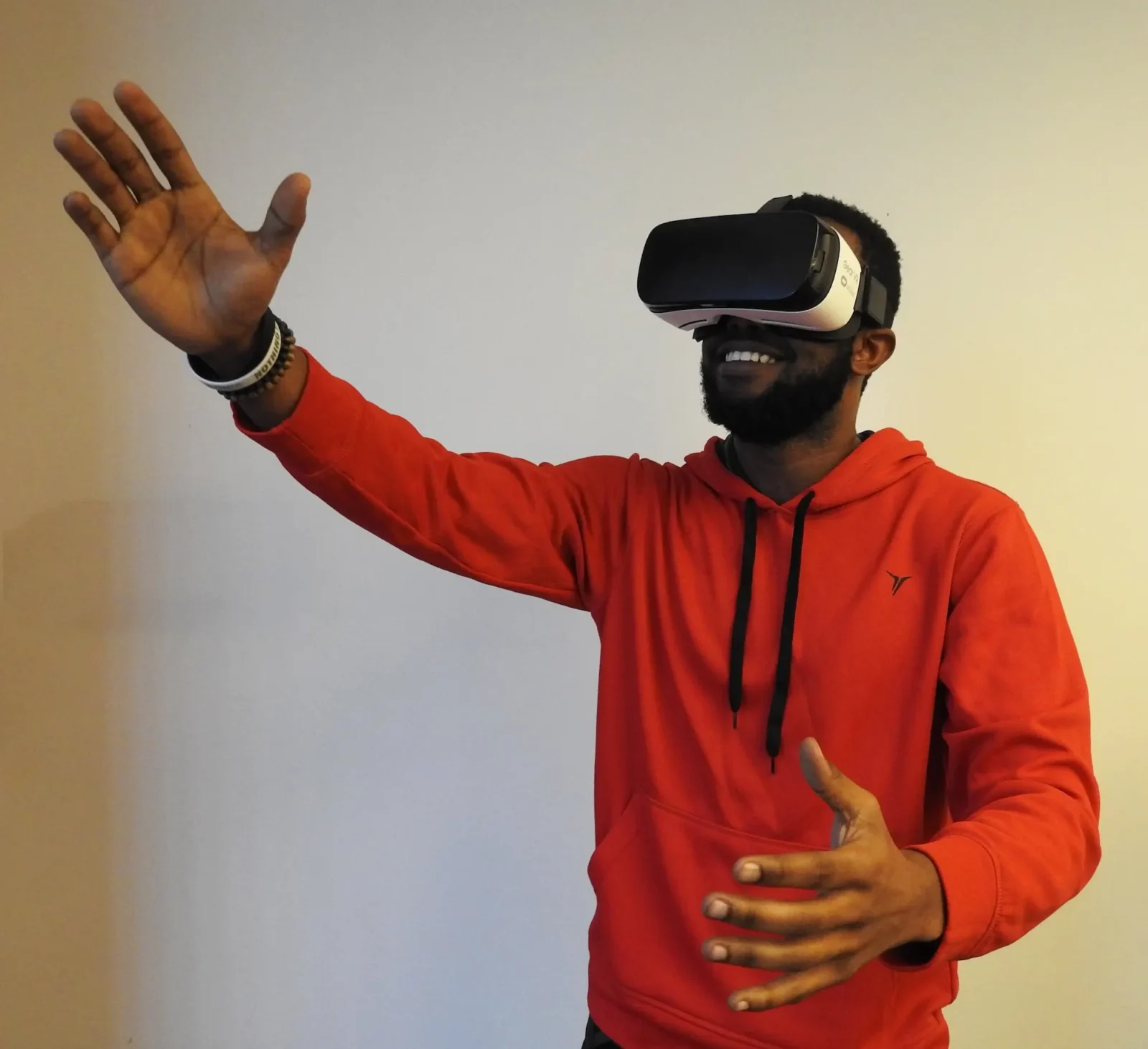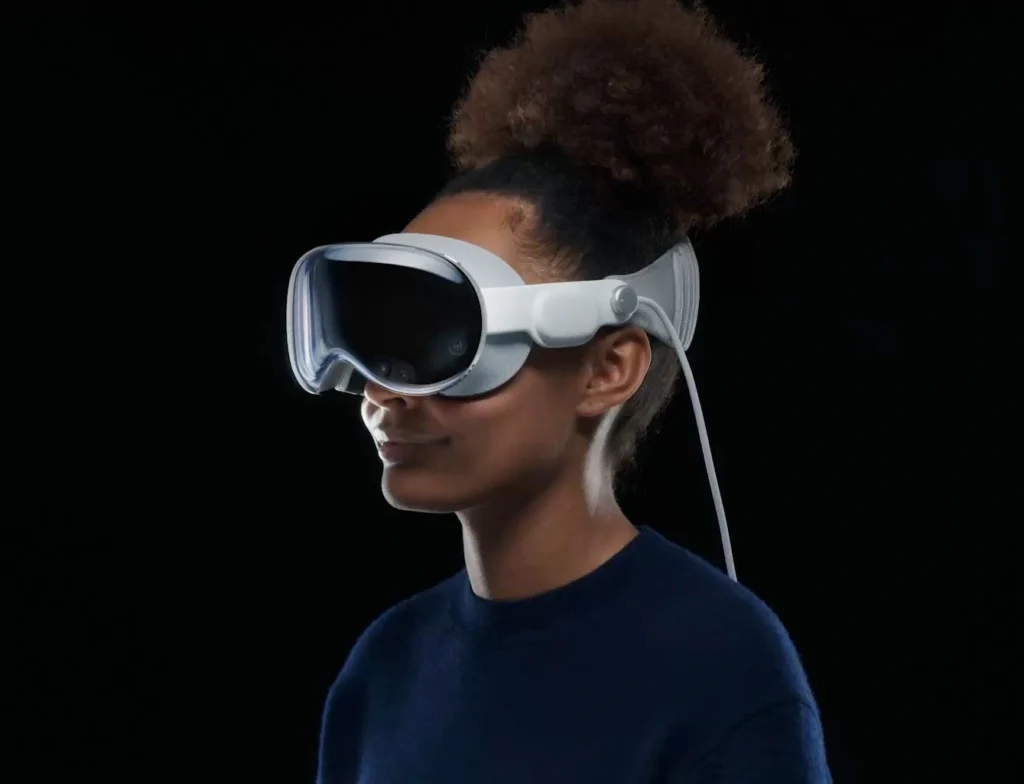Is VR Fitness the Next Big Thing in Healthcare?

More than just fun, VR fitness games can be a low-cost way to promote recovery and well-being following surgical procedures
VR fitness has found fans in fitness enthusiasts as well as those who are perhaps exercise-reluctant, and now a new benefit to virtual fitness has emerged regarding post-op recovery.
A new study demonstrates that immersive virtual reality fitness games can aid recovery after colorectal surgery, according to a randomized, single-blind, controlled pilot trial.
While most experts agree that early mobilization post-surgery is imperative for reducing complications and restoring a patient’s ability, the study shows that VR fitness games can be a low-cost modality to promote recovery.
According to the study’s findings, VR fitness games can also positively impact the mood and well-being of post-op patients after conducting an experiment with 62 patients undergoing curative surgery for colorectal cancer. Some patients were placed in a VR fitness group and others were placed in a control group.
The patients placed in the VR fitness group received daily VR fitness games in addition to routine post-op care and demonstrated an overall mood improvement. The median hospital stay for patients in the VR fitness group was also shorter than patients in the control group, with seven days compared to nine. However, the study says the two-day difference didn’t reach statistical significance.
Still, researchers are encouraged by the findings of VR intervention in a post-op setting and believe it would be worth further researching VR as an adjunct to physiotherapy when promoting post-surgery mobilization.

VR’s Surging Popularity
VR fitness has emerged as a fun way to get (and stay) active, as seen by the rise of platforms such as WIN Reality, a virtual reality baseball and softball training platform where athletes and fitness enthusiasts can listen to hit music while immersed in a virtual ballpark.
Quell, which raised $10 million this year in a Series A, has also created an exciting and gamified approach to fitness with its adventurous games.
As VR provides an engaging way to get people healthy both physically and mentally, three companies could be at the forefront of merging VR with healthcare.
Apple
Apple recently introduced its mixed-reality headset, the Vision Pro, which will likely continue to advance its health and wellness endeavors.
The Vision Pro allows users to view digital content overlaid on their environment while providing the ability to interact with content using eye movement, hand gestures and voice commands. As Apple continues to invest in its fitness and wellness offerings on Fitness+ and Apple Watch, the tech giant is widely expected to do the same with its new headset.

Apple has also made it a point to underscore its commitment to health data privacy, enhancing the likelihood it will push into the health and wellness sector.
Meta & Supernatural
VR fitness app Supernatural, which Meta acquired after a drama-filled battle with the FTC, has a bevy of fans, including those who found a love of activity with its immersive games and those who are either preparing for (or recovering from) surgery.
In an official Supernatural community on Facebook, members of the VR app have shared personal experiences, offering advice and encouragement.
One Supernatural member had rotator cuff surgery and was urged by her PT to continue using the VR platform and keep moving as she recovers. Other members who have had lower-body surgeries, such as knee or hip replacements, have successfully used the VR fitness program while sitting in a chair, finding a way to stay active as they recover from their surgeries.

In one moving post that revealed the power of VR on mood, a Supernatural member shared he was diagnosed with pancreatic cancer and started the VR program, initially attracted by the immersive landscapes that would replace going outdoors. While he revealed his prognosis is terminal, he wrote that the joy of movement and exercising has been a positive light in an otherwise dark situation.
Editor’s note: Meta has its own exciting plans for VR fitness beyond Supernatural. Download Athletech’s Technology & Innovation Outlook report to learn more.
Asensei XR
Asensei, a movement recognition and coaching intelligence provider, recently launched an extension that offers extended reality capabilities, which has the potential to revolutionize the VR and AR landscape for fitness and health developers.
The extension enables users to use their body as a controller, allowing them to engage in “exergames” that respond to real-time movements while tracking the actions in the virtual environment. Visual feedback is also provided to ensure form and technique.
Such advancements can be used in the health space, allowing patients to recover while adding guided movement.
VR in Healthcare & Beyond
In addition to emerging VR headsets and platforms, VR is being used as a tool for surgeons at George Washington University, allowing them to explore the brain of a patient before performing surgery. One study found that VR training improves surgical performance by 230%.
Cedars-Sinai Hospital has also discovered that VR can reduce pain by 24% and can help women in labor and those suffering from chronic pain. Younger patients, such as sick children, can also benefit from VR games, lessening pain and anxiety.
As tech, health and fitness continue to mingle, VR fitness and gaming initiatives are primed to become commonplace in healthcare and beyond.
Courtney Rehfeldt has worked in the broadcasting media industry since 2007 and has freelanced since 2012. Her work has been featured in Age of Awareness, Times Beacon Record, The New York Times, and she has an upcoming piece in Slate. She studied yoga & meditation under Beryl Bender Birch at The Hard & The Soft Yoga Institute. She enjoys hiking, being outdoors, and is an avid reader. Courtney has a BA in Media & Communications studies.



